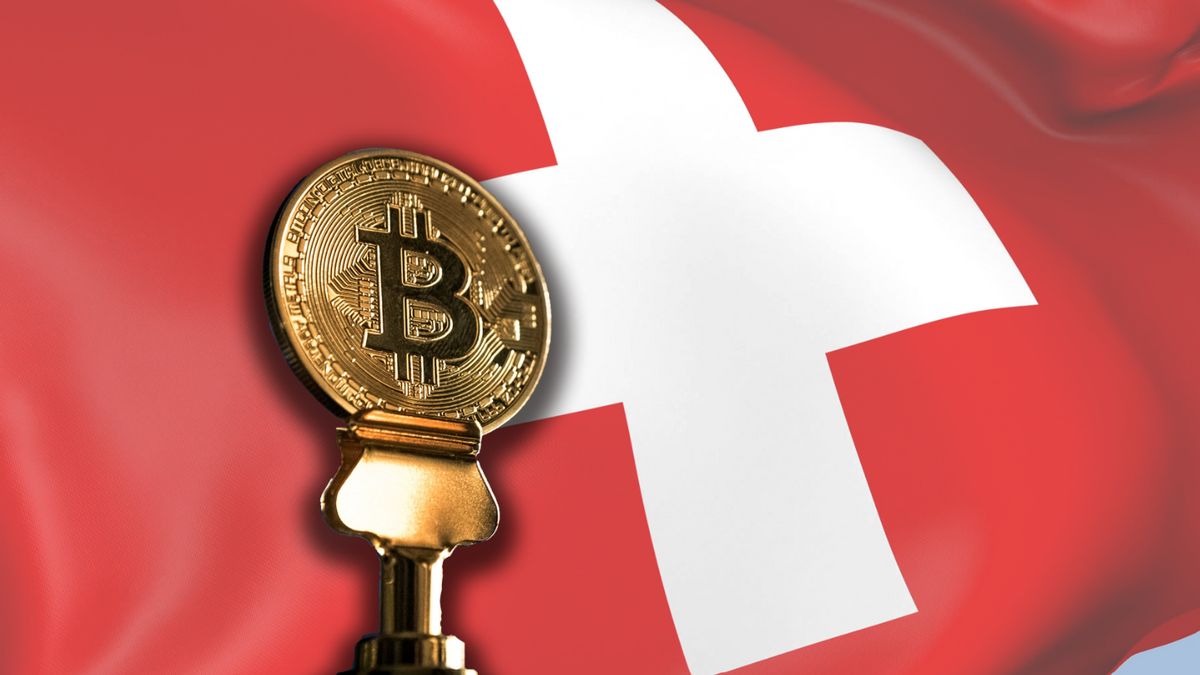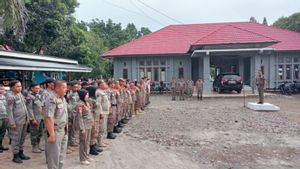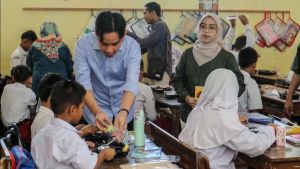JAKARTA - Switzerland has become a country open to digital innovation including cryptocurrencies. The Swiss government recently passed legislation leading to a study of Bitcoin mining potential. This effort aims to investigate how Bitcoin mining can be utilized to optimize unused energy resources. Not only that, bitcoin mining is also considered useful for the stability of electricity networks in the country.
Canton of Bern, one of the regions in Switzerland, is the main focus of this legislation. The State Council will compile a report reviewing the benefits and challenges related to Bitcoin mining, including the potential for excess energy utilization generated by the region. In the report, it will be evaluated whether Bitcoin mining can help stabilize the power grid, especially during the energy surplus, and whether this can be used as a solution to minimize energy waste.
SEE ALSO:
However, despite the positive potential, this policy has received great attention from observers. Some have warned that Bitcoin mining expansion could trigger a surge in electricity demand that has the potential to disrupt other sectors, such as transportation and warming. The State Council also highlighted that there is currently no clear data on energy consumption from Bitcoin mining activities in Switzerland, although most global mining is carried out abroad, especially through cloud technology.
Switzerland is trying to overcome this concern with caution. In addition to considering its ecological impact, the country is also seeing the potential economic benefits from Bitcoin mining. As global interest in cryptocurrencies increases, Switzerland hopes to take advantage of this technology to improve energy stability and stimulate digital-based economic growth.
Meanwhile, the price of Bitcoin continues to show a positive trend. Bitcoin prices have slightly risen 0.8% in the last 24 hours. Currently, the price of Bitcoin is trading at the level of IDR 1.5 billion per coin based on data from CoinGecko, Friday, November 29.
The English, Chinese, Japanese, Arabic, and French versions are automatically generated by the AI. So there may still be inaccuracies in translating, please always see Indonesian as our main language. (system supported by DigitalSiber.id)












